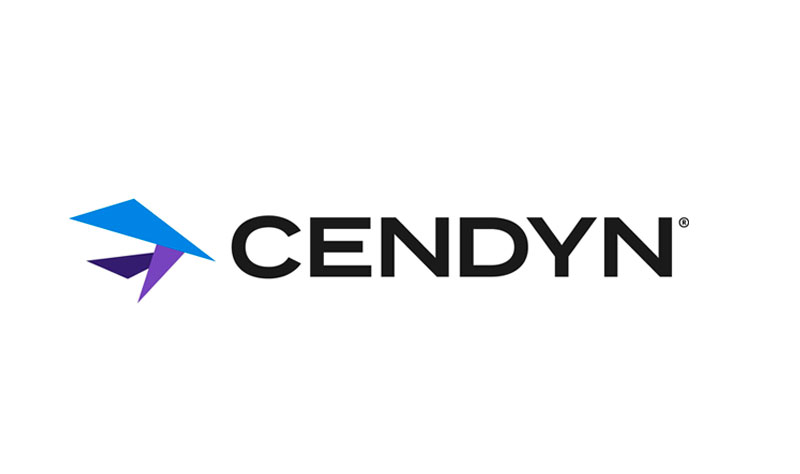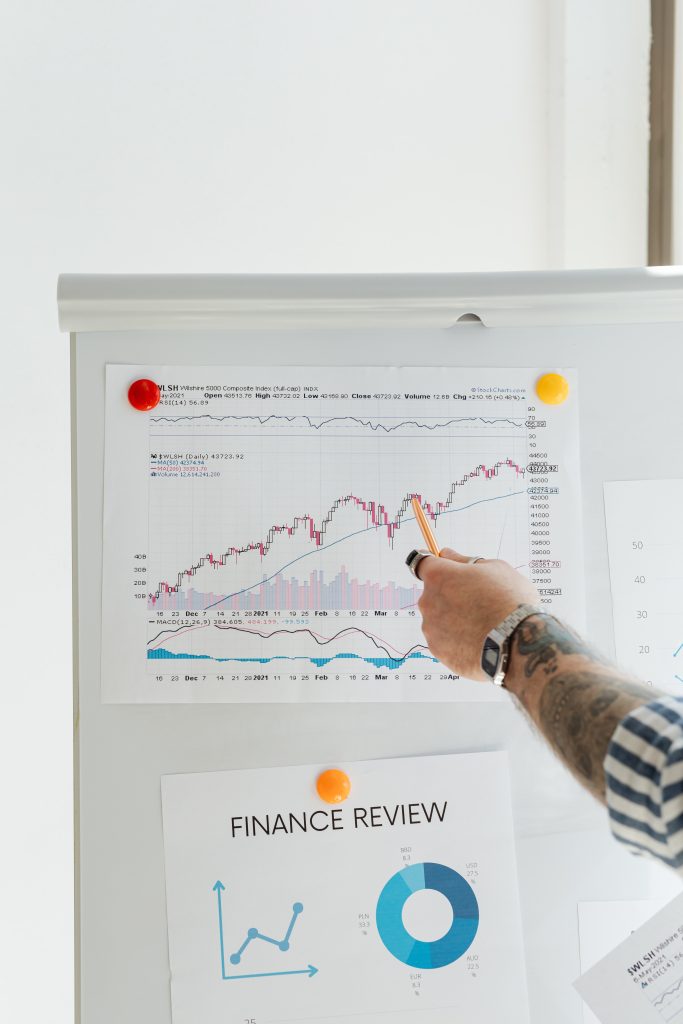Keeping up a compelling marketing strategy requires a lot of time and effort. Hotel marketing automation allows hotels to spend less time on mundane tasks and invest that energy on their guest experience instead.
7 mins readIn a highly competitive industry such as hospitality, an effective marketing strategy plays a crucial role in a hotel’s success and economic sustainability, including the ability to drive more bookings, get higher rates, and increase profitability – even with fewer resources.
However, running a hotel in today’s current climate is incredibly demanding. Hoteliers need to utilize technology as efficiently as possible to keep up with both guest-facing and operational procedures, such as engaging with guests and upgrading the hotel experience.
In this article, we are going to focus on a specific type of automation that’s very important for every hotel: marketing automation.
The steps to creating an effective marketing automation plan

Marketing automation is a complex procedure, as the marketing actions of a hotel are plenty and diverse. However, making a marketing strategy succeed is almost impossible without the help of modern software, as it requires attention and effort. In order to create a complete and profitable marketing plan, you will have to:
- Create an effective marketing website that is user-friendly and promotes the hotel effectively through SEO techniques and proper visualization.
- Give your social media the required attention, keep track of the metrics, and make sure your content on your social media platforms is consistent and of high quality.
- Answer all negative and positive reviews, and handle them as efficiently as possible in order to preserve the hotel’s good reputation and promote upselling.
- Create a strong and updated guest database with all your past clients as well as your lead contacts for more efficient remarketing audiences.
- Optimize your visibility and promotion in third-party channels and OTAs, and polish your online presence in order to achieve more bookings and higher revenue.
All the above require the knowledge and keen attention of a full team, which most hotels cannot fully sustain due to limited budget. And this is where marketing automation comes to facilitate all the procedures and cut time in half. Let’s find out its top benefits.
*Sponsored
 Cendyn: Innovative technology that will help you connect with your guests
Cendyn: Innovative technology that will help you connect with your guests
Cendyn is a catalyst for digital transformation in the hospitality industry. They help hotels around the globe drive profitability and guest loyalty through an integrated technology platform that aligns revenue, eCommerce, distribution, marketing, and sales teams with centralized data, applications, and analytics, so they can capture more demand and accelerate growth. Cendyn is widely known for its robust CRM, which is packed with innovative features, marketing automation, and guest intelligence, which will help you build better customer relations easily and efficiently.
For more information about Cendyn’s products and how you can collaborate with the company, you can visit their website www.cendyn.com or contact them at info@cendyn.com.
Collect guest data, which you can use to upgrade your facilities/services

Data is a marketer’s best friend – and when it comes to hotels, guest data is your most important marketing tool. Guest data can highlight the hotel’s flaws and strengths so that the hotelier knows where to invest and what to change to further upgrade the hotel experience.
At the same time, guest data can also highlight the hotel’s niche markets, allowing the marketing team to create and optimize campaigns designed to attract those specific audiences. One of the best features of marketing automation is that all this data is collected automatically and without your involvement. This means that the marketer can skip the tedious parts of data collection and instead spend their time evaluating the data provided by the algorithm and making the recommended changes.
Streamline marketing operations that would otherwise consume time and effort

Another great feature of marketing automation is that procedures that would normally take hours to complete are done in an instant. Using AI and other modern technologies, you can automate repeat email campaigns, send automated tailored messages, set up monthly or weekly newsletters, or even set up marketing campaigns in virtually no time at all.
Of course, you can also use marketing automation for your booking procedures so that guests don’t need direct contact with an agent to complete their reservation.
Save valuable time you can invest in upgrading your guest experience and hotel services

In the end, marketing automation’s number one perk is that it saves you time, as it sets you free from mundane tasks that no longer have to be executed manually. So next time, instead of having to check if a confirmation letter has been sent or not, you can take that time to review guest data and discover ways to further personalize that guest’s experience with extra surprises.
5 Tips from a marketing expert
We’ve reviewed some of the major benefits of marketing automation and how it can drastically improve your hotel’s marketing strategy, but to help further your success, we’ve also included five additional tips from a hotel marketing expert.
Don’t hesitate to promote your hotel through Google Display Ads & Facebook Ads
These two tools are extremely important, as you can target travelers through their research and planning stages. They also provide a great way to target your remarketing audiences and increase repeat guests. The key to success is to focus on updated and high-quality audiences.
Work to consistently improve your marketing campaign by measuring and evaluating the results
For your marketing strategy to continue producing great results, you need to continue to track and evaluate each campaign, and make improvements to underperforming areas. Some top KPIs to measure are CTR, New Website Visitors, Returning Visitors, Bookings, Upselling Revenue, and New vs Return Guests.
Optimize your website SEO for better performance in Google and other search engines
Achieving high-ranking organic search results on Google is a great way to drive direct bookings to your hotel without any additional marketing spending. The only thing you need is to provide relevant, high-quality content designed to engage your audience(s). To do that, make sure to choose the right keywords, and update your content periodically, as new keyword phrases emerge, to ensure consistent first-page results.
Automate your email marketing using hyper-segmentation and email autoresponder tools
In 2020, email was the third most common direct booking channel in Europe, so it’s very important to get the hang of it. There are several email marketing automation platforms that will help you set triggers to send specific emails at specific times, for example, when a booking takes place or a potential visitor fills out a form on your website. Just make sure that your database is up to date and emails are only sent to those who opt in, as “dead” or unresponsive addresses, unsubscribes, and spam flagging your emails can greatly reduce your deliverability rates.
Automate your booking procedures and allow guests to check in online for a more convenient guest experience
Online bookings have become even more popular after the surge of online travel agencies. Now is the time to invest in driving direct bookings through your own website and booking engine, as well as incorporate an online check-in option, which is convenient for both hotels and guests.
Summing Up
To create a killer marketing strategy for your hotel, you must be prepared to invest time and effort to make it work. With marketing automation, that time can be reduced to half; however, you will still need to make sure that everything works properly and evaluate the data available to make decisions that AI can’t. This way, you will be able to create a constantly evolving marketing strategy that can adapt over time and won’t become so outdated that it damages your property’s reputation or the guest experience.






